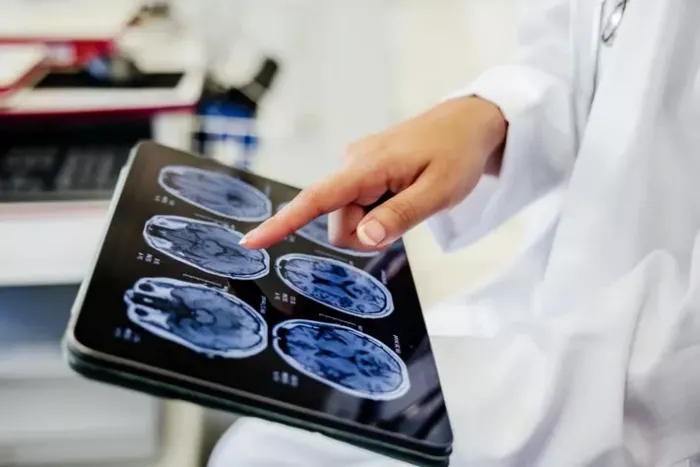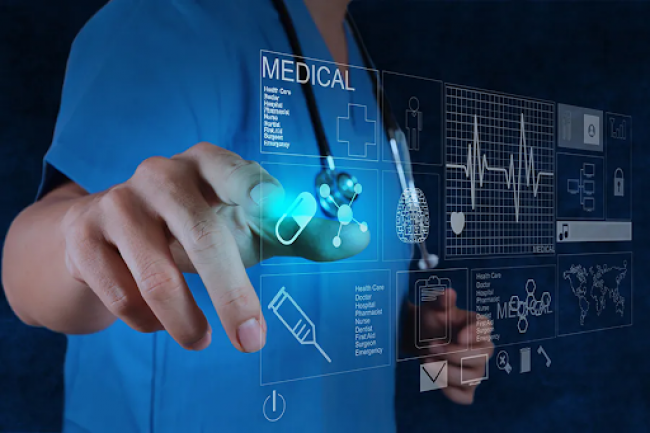Artificial intelligence is transforming healthcare, making treatments faster, diagnoses more accurate, and patient care more efficient. From assisting doctors in analyzing medical images to predicting potential health risks, AI is reshaping the way healthcare professionals deliver services. In this blog, you will explore five essential services that AI can offer in healthcare.
1. Medical Imaging and Diagnostics
Through the rapid detection of diseases in X-rays, MRIs, and CT scans, artificial intelligence helps to improve medical imaging. It can find issues like tumors, fractures, or infections faster than traditional methods.

Doctors use AI tools to analyze images and get more accurate results. This helps in early detection, making treatment more effective. AI also reduces human errors, ensuring better patient care.
Hospitals use AI-powered systems to assist radiologists in diagnosing conditions like cancer, heart disease, and brain disorders. Faster and more precise imaging saves lives and reduces hospital workload.
2. Personalized Treatment Plans
Instead of a one-size-fits-all approach, AI suggests treatments tailored to each person’s needs. Doctors can use AI to predict how patients will respond to different medicines. This helps in choosing the best treatment with fewer side effects.
With AI, healthcare providers can monitor a patient’s progress and adjust treatment plans in real time. This makes recovery faster and more effective.
3. Virtual Health Assistants
Artificial intelligence-powered virtual assistants assist patients in managing their health. The medical assistants provide answers to patients' questions, remind them to take their medications, and keep a record of their symptoms.
Chatbots and voice assistants provide 24/7 support, reducing the need for frequent doctor visits. They can also help schedule appointments and provide basic medical advice.
For chronic illness patients, virtual assistants monitor health conditions and send alerts to doctors if needed. This improves patient care and convenience.
4. Drug Discovery and Development
Using artificial intelligence to analyze vast amounts of medical data, drug research can be sped up. In comparison to more conventional approaches, it enables researchers to discover new treatments for diseases more quickly.
By identifying how different chemicals react in the body, AI reduces the time and cost needed to develop new drugs. This is especially useful for rare diseases and pandemics.
AI’s ability to process vast data sets helps bring new medicines to patients more quickly.
5. Fraud Detection and Security
In the healthcare industry, artificial intelligence assists in the detection of fraudulent activity and the protection of patient data. It can spot unusual billing patterns, preventing insurance fraud and saving money.
AI also strengthens cybersecurity by identifying hacking attempts and securing sensitive medical records. Hospitals use AI to protect patient information from cyber threats.
By improving security and preventing fraud, AI helps maintain trust in the healthcare system.
Adopt AI Solutions for Better Service and Innovation
From predictive analytics to robotic-assisted surgeries, these innovations are shaping a more efficient and accurate medical system. To stay ahead in this evolving field, explore the potential of ai in healthcare and integrate smart solutions for better patient outcomes and operational efficiency.
Post Comment
Be the first to post comment!
Related Articles


